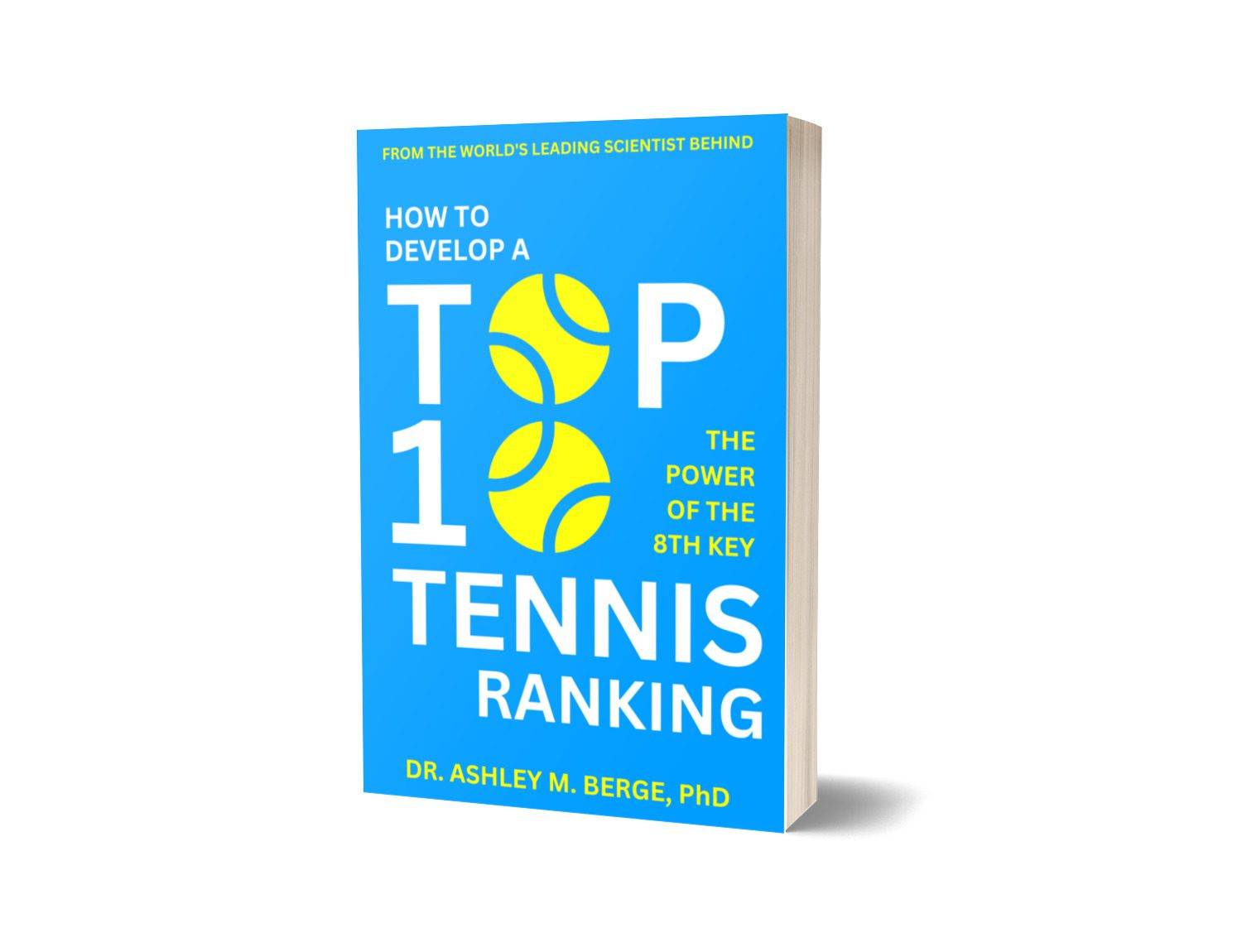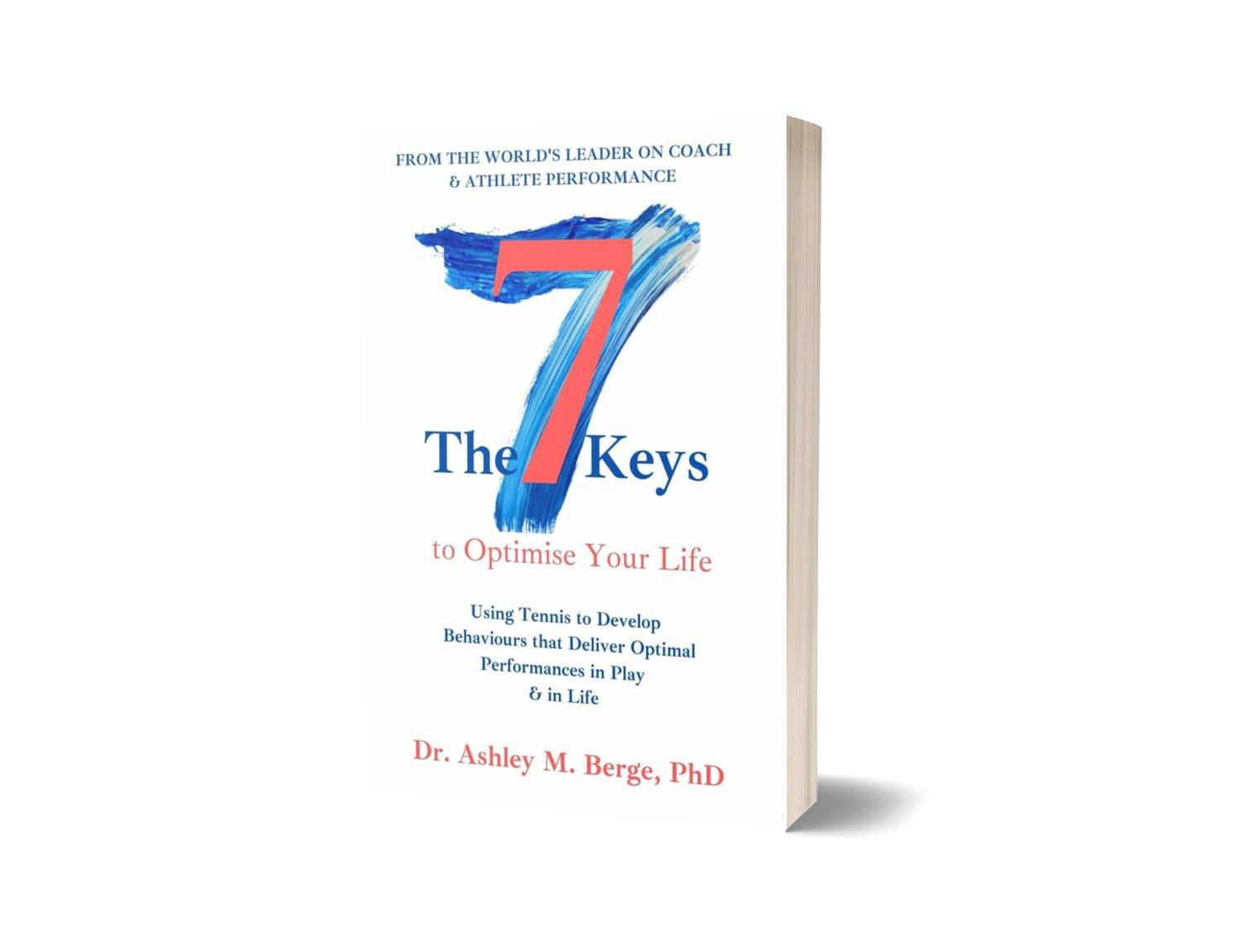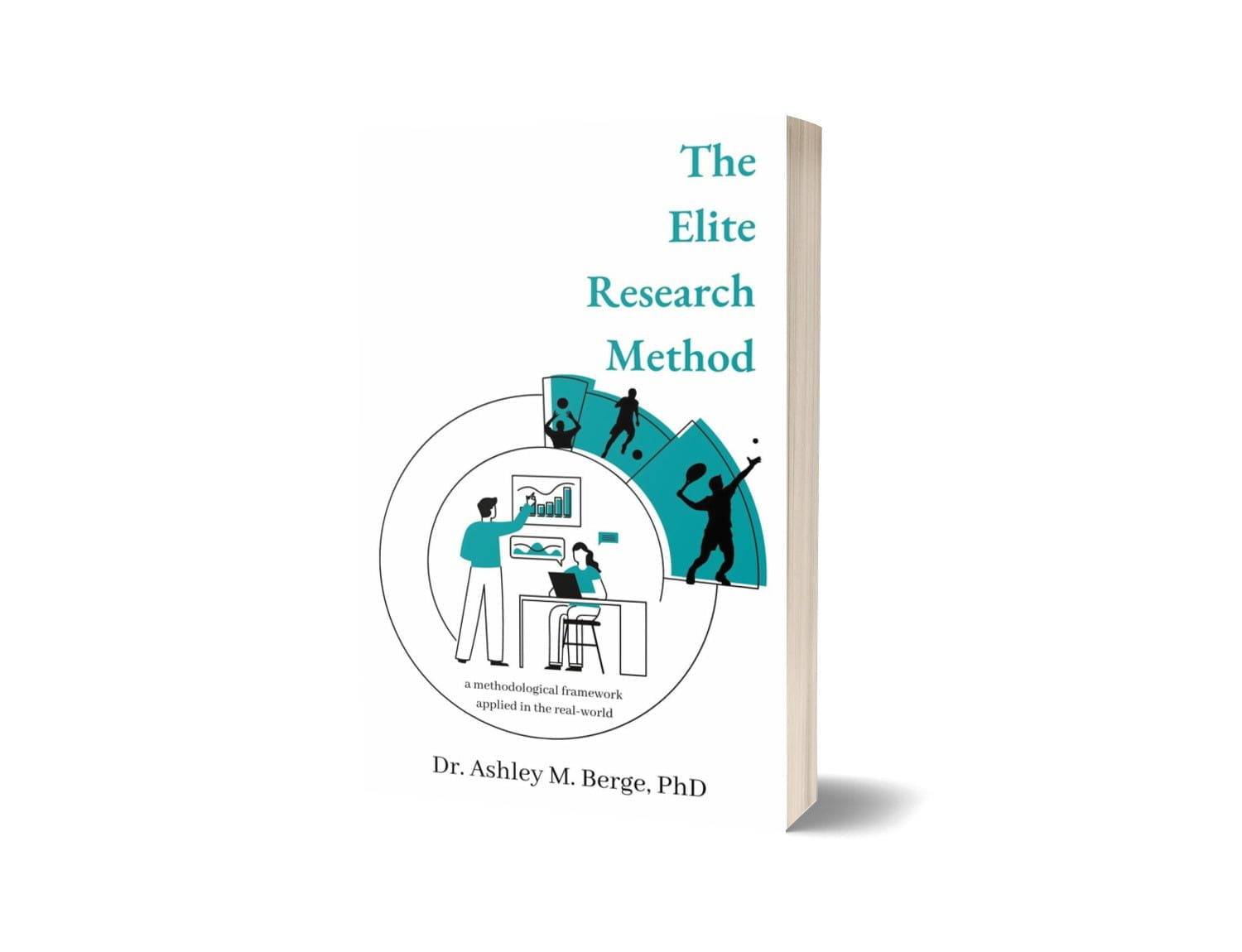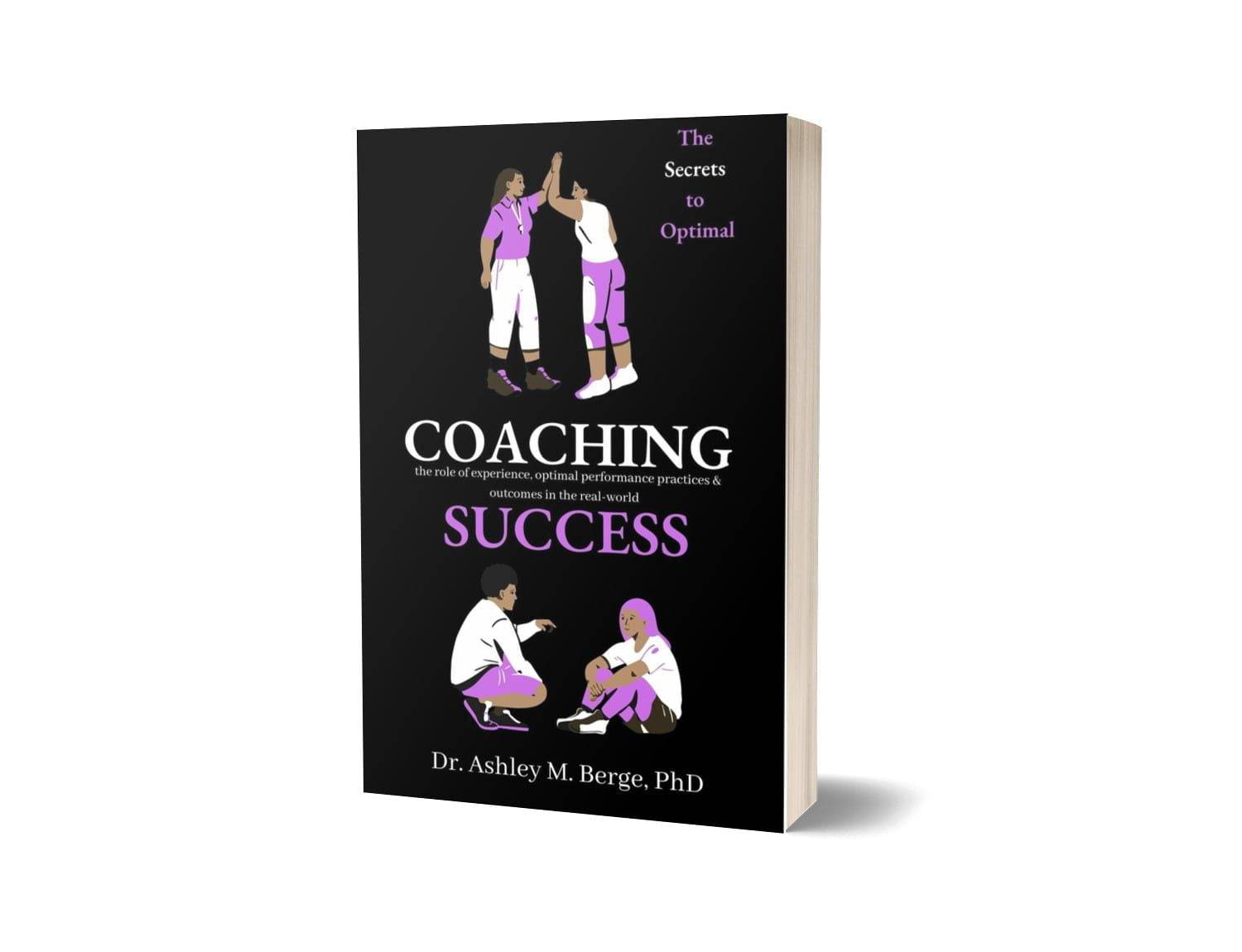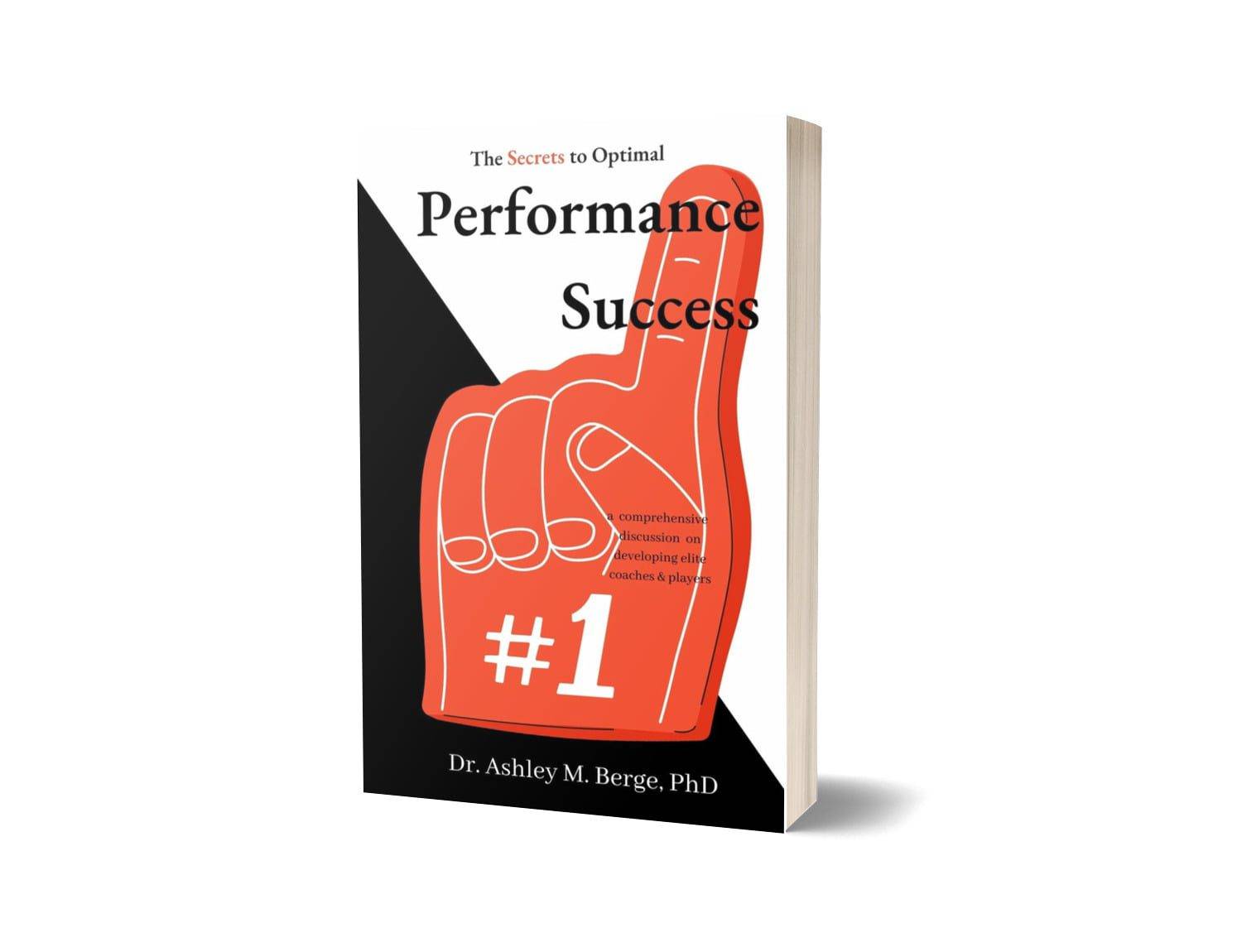
A coaches role is incredibly dynamic when held in the highest regard and mentoring is just one element that can be leveraged to help players/athletes excel at their performance. Unfortunately, this view is often lost over the years with the majority of coaches who succumb to a more standardised practice. And by standardised I am referring to disregarding their role model status and position as a mentor to their players and limiting their focus to the tennis courts and the respective instruction.
Whilst this is incredibly disheartening there are those coaches who go above and beyond and establish healthy mentoring relationships with their players/athletes to help guide them through The Long Game and/or are trusted sounding boards for troubles at school to uneasiness at home. Irrespective the scenario, a coach is in a unique position to help and by making themselves available — in a professional context, allows the oftentimes gap to be bridged if and/or when needed to ensure the players/athletes parents and/or guardians remain informed.
Oftentimes a child inside the developmental spectrum that is progressing along The Pathway may be having trouble managing their workload from their range of subjects to their training load. At some point, one begins to suffer until a healthy balance is found where the child/player/athlete eventually finds a manageable solution. But this is a simple example where a coach that is a trusted mentor can help.
After all, each session a coach has with their player/athlete they should be engaging with the player/athlete and if any concerns and/or anything out of the ordinary comes about, to take note.
If a player/athlete trusts you, the coach, with a concern and/or area they’re trying to navigate, it’s incredibly important to keep abreast of the issue and when necessary to leverage the coach-parent relationship to share these concerns as applicable. Oftentimes the coach can be the ‘middle person’ between the child/player/athlete and the parent/guardian to simply be a sounding board. However, to the coaches who do not take the time to make themselves available as a mentor to their players/athletes this can be at a detriment to their performance and also yours long term.
Of course, a coaches pedagogy and how this is shaped to influenced comes under the spotlight. With the right tools and proponents of best practice, mentoring is a part of your daily activities whether on or off the tennis court. But it takes time. It also takes patience and a heightened level of awareness to astuteness when dissecting what’s really behind what a player/athlete is sharing. It may be absolutely nothing — the case the majority of the time when they’re simply using you as the coach as that sounding board; nothing more, nothing less. But on the odd occasion it might be something else. And these occasions can make all the difference to that player/athlete when they know their coach is their to help.
Being a mentor may sound like a lot of work but in reality it’s nothing more than being available for those conversations and when needed, a little nudge in the right direction if they happen to be a little lost. No one is asking you to be anything more than a good human being with the best interests of your players/athletes front and centre each and every time they’re within earshot. And all it takes is making yourself available. The best part? Mentoring and its tie to the Tennis Players Success is undeniable which means if you’re putting in the work with a conducive coaching pedagogy then there’s a good chance your player/athlete will keep pace with The Long Game in the years ahead.
To learn more about our data, predictive analytics and how to optimise your own performance, head on over to AM8 International. To learn more about AM8 International check out our selection of Books and/or options to join Dr B’s Pack to gain exclusive access to the best in the world. Not quite ready? Head on over to Beyond Top 10 Tennis for free access to 100+ episodes directly from Dr Berge of what it really takes to win multiple Grand Slams to securing that Top 10 tennis ranking with new episodes each week. More? Catch up on our Tips over on TikTok, Twitter, Threads or Instagram for quick snippets to apply in your game, today.


